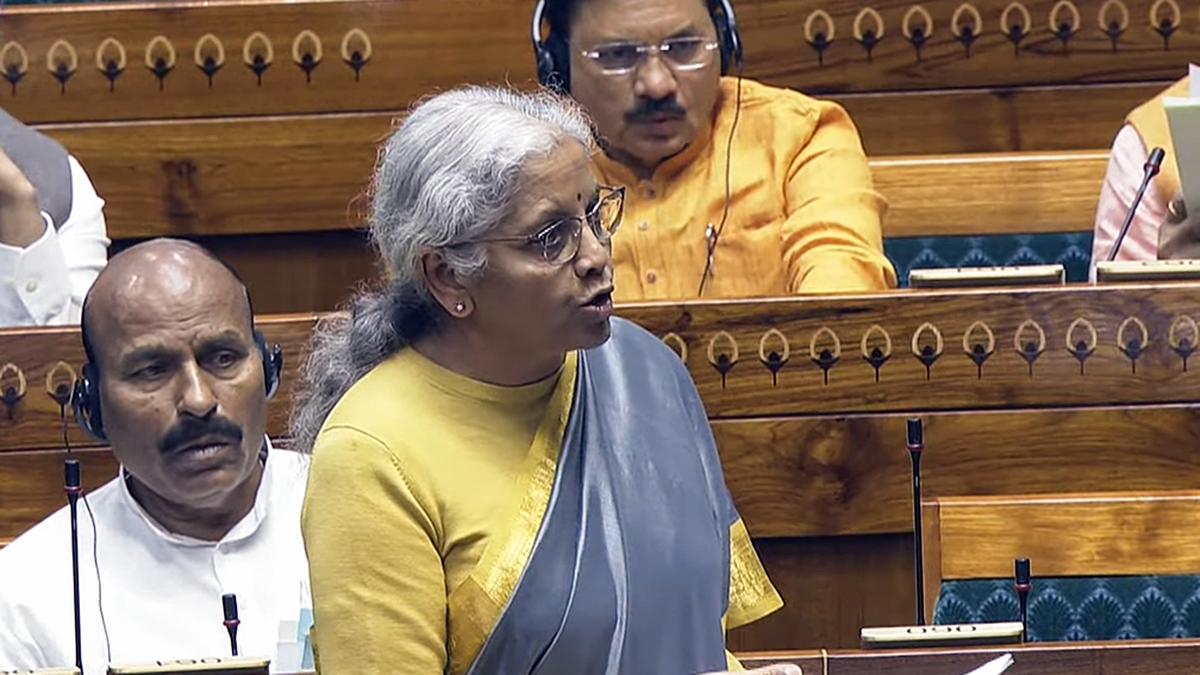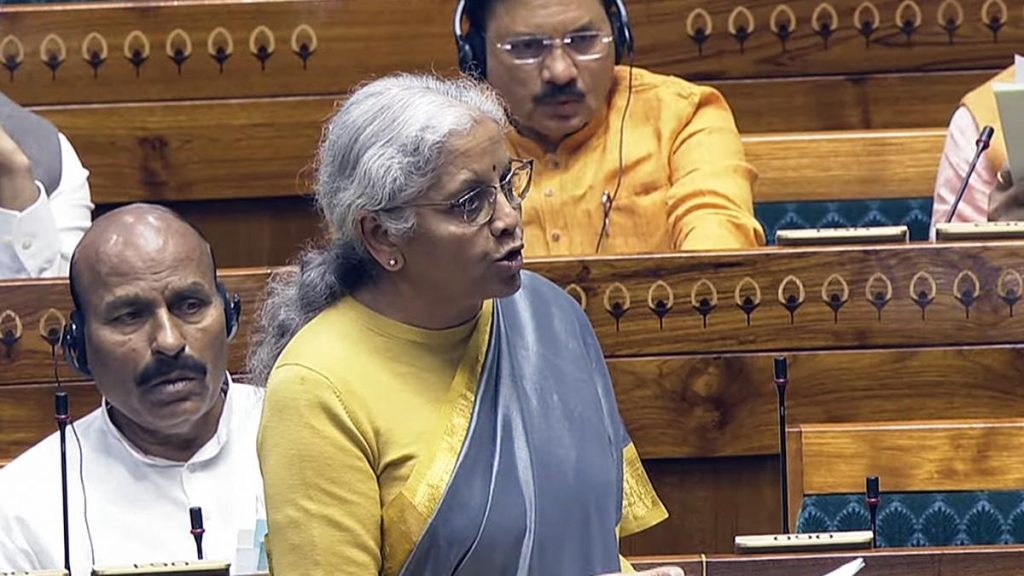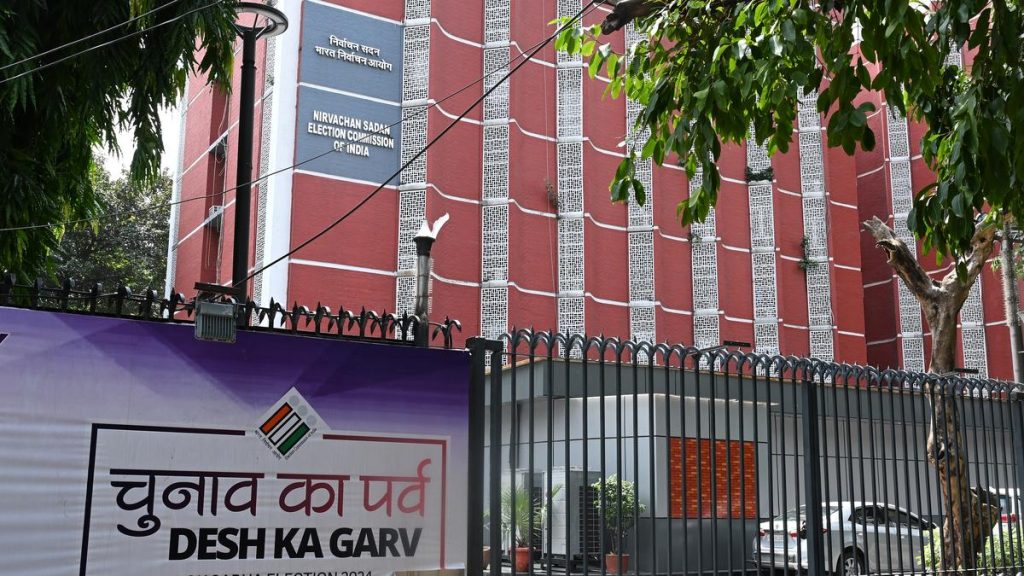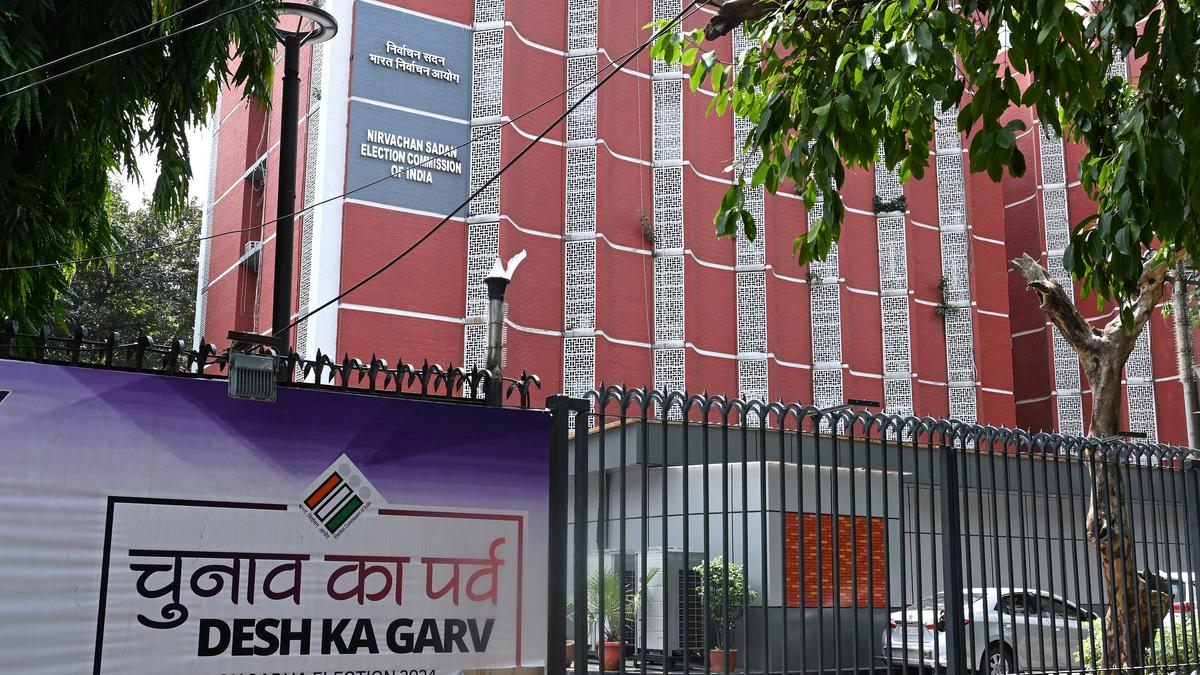Now Reading: Is the New Income Tax Law Easier to Understand?
-
01
Is the New Income Tax Law Easier to Understand?
Is the New Income Tax Law Easier to Understand?

Quick Summary
- New Law Passed: Parliament approved the income Tax Bill 2025, replacing the outdated Income Tax Act of 1961.
- Simplification Achieved: the Bill reduces chapters from 47 to 23 and sections from 819 to 536. it includes more tables (57 vs. previous 18) and formulas (46 vs. previous six), with simplified language and examples for clarity.
- Committee Recommendations Incorporated: The initial version introduced in February underwent Select Committee review, leading to a revised version passed on August 11, without debate.
- Key Changes for Taxpayers:
– Errors in income tax returns can now be corrected up to four years post-assessment year without penalties.
– Assessment reopening period reduced from six to five years.
– Separation of technical provisions like MAT and AMT into distinct sections for clarity.
- Search Power Expanded:
– Tax officials’ authority extended-assessees may need to share passwords for electronic systems, emails, or social media accounts under investigation. Officials may override access codes if passwords are unavailable.
Indian Opinion Analysis
The passage of the income Tax Bill represents a significant modernization effort aimed at making tax legislation accessible and less prone to misuse by officials. By simplifying language and restructuring provisions, the government seeks an easier compliance framework that benefits taxpayers while reducing loopholes tied common bureaucratic harassment.However, expanded powers granted regarding electronic searches raise valid concerns about privacy infringement-a potential downside that risks overreach into personal information not strictly relevant to taxation matters. This tension could prompt further scrutiny on balancing clarity in financial investigations with individual privacy safeguards.
On balance, while many revisions align positively with governance reform goals-streamlining procedures and fostering taxpayer trust-the implications of surveillance extensions deserve careful monitoring as taxpayers react over time.























